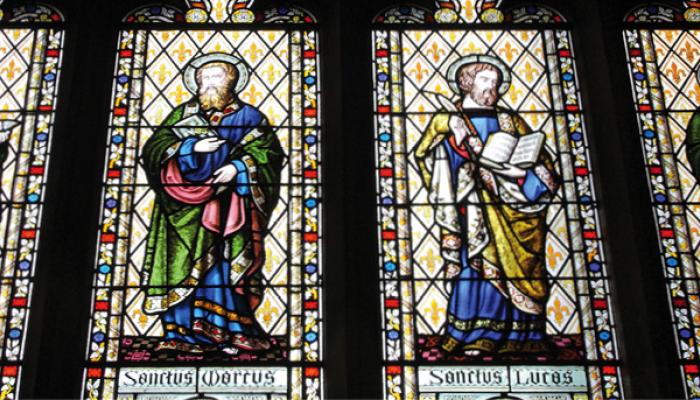
1.15 What is the structure of the Old Testament?
The Catholic Old Testament consists of 46 books. The first five books – Genesis, Exodus, Leviticus, Numbers and Deuteronomy – are called the Pentateuch (the Greek word for “five scrolls”).
The Pentateuch is followed by the historical books, which recount the history of the people of Israel, and the prophetic books in which prophets warn against sin and announce the coming of the Messiah (Jesus). Finally, there are the books of wisdom. These are collections of answers to general questions about life asked by believers. What we call the Old Testament, the Jews call the Tanakh.
What significance does the Old Testament have for Christians?
In the Old Testament God reveals himself as the Creator and preserver of the world and as the leader and instructor of mankind. The Old Testament books are also God’s Word and Sacred Scripture. Without the Old Testament, we cannot understand Jesus.
In the Old Testament a great history of learning the faith begins, which takes a decisive turn in the New Testament and arrives at its destination with the end of the world and Christ’s second coming. The Old Testament is far more than a mere prelude for the New. The commandments and prophecies for the people of the Old Covenant and the promises that are contained in it for all men were never revoked. In the books of the Old Covenant we find an irreplaceable treasure of prayers and wisdom; in particular, the Psalms are part of the Church’s daily prayer. [Youcat 17]
“The New Testament is hidden in the Old and the Old is made manifest in the New”,[138] as Saint Augustine perceptively noted. It is important, therefore, that in both pastoral and academic settings the close relationship between the two Testaments be clearly brought out, in keeping with the dictum of Saint Gregory the Great that “what the Old Testament promised, the New Testament made visible; what the former announces in a hidden way, the latter openly proclaims as present. Therefore the Old Testament is a prophecy of the New Testament; and the best commentary on the Old Testament is the New Testament”. [Pope Benedict XVI, Verbum Domini, n. 41]





